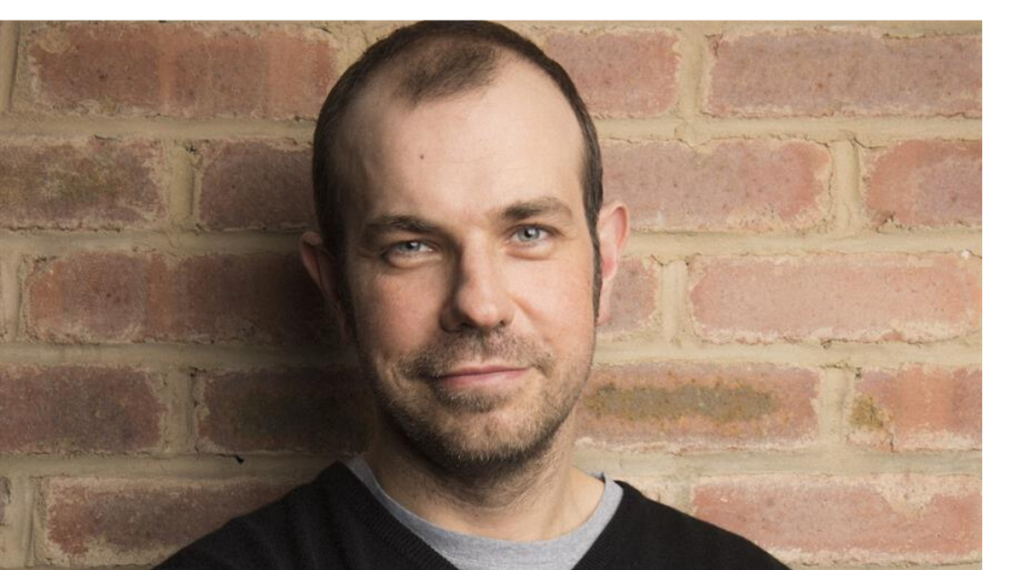Partner Content
Whilst the pandemic has increased consumption of content from legitimate streaming platforms like Spotify and Netflix, this has also led to an inevitable surge in online piracy with traffic to pirate websites rising by 50% since the last quarter. White Bullet data published at the height of the pandemic also indicated that there were more than 6 billion ad impressions on pirate websites since lockdown in Q1 alone.
Additionally, branded ads on high-risk websites have gone up by 163% since December 2019 before lockdowns began. According to White Bullet’s CEO Peter Szyszko, these stark findings serve as a warning shot to both IP holders and brands whose ads may be inadvertently funding the piracy market.
With brand safety hotter than ever during the current climate, we ask White Bullet’s CEO how the company plans to provide an antidote to slow the viral spread of piracy and infringement.
How big is the piracy and infringement problem and what is it costing the economy?
Piracy alone costs the US economy $29bn annually, whilst across the Atlantic, piracy is costing the UK economy £9bn a year. As piracy continues to grow in popularity, we’re finding that digital ads are funding some 85% of online pirate streaming activity. Worryingly, we’ve also seen a 43% increase in ads funding piracy sites within the last year, so clearly the problem isn’t going away anytime soon.
What are the key piracy challenges facing advertisers in today’s current climate?
Piracy websites are becoming increasingly dynamic and are constantly evolving by shifting to new domains and redirecting consumers in a bid to avoid detection and enforcement. Despite this, piracy websites like any enterprise need to survive and they rely on advertising from legitimate brands to fund their efforts.
This dynamism presents real challenges for advertisers who often lack the data to track pirate websites in real-time. This means millions of unscrupulous websites are serving legitimate ads from brands who are unwittingly funding the billion-pound piracy market.
How does White Bullet help advertisers check their temperature when it comes to piracy?
Advertising is the lifeblood of the piracy market and White Bullet is committed to helping brands understand the true scale of the issue. To protect advertisers from unsafe domains, we will launch a pioneering piracy health-check to provide brands with a bubble wrap defence against increasingly sophisticated pirate sites.
Our health-check helps brands get a live sense of whether their ads are being placed on high-risk piracy sites, something which advertising agencies are unable to do with a basic audit. Our breadth and scale go much deeper and wider than standard audits. We go beyond top-level analysis to provide brands with laser-focused insights which is exactly what the doctor prescribes. White Bullet aims to provide complete transparency on digital piracy by addressing some of the obscurity around ad supply chain inventory.
What is the main problem the health-check will solve?
Brands are unknowingly funding the billion-pound piracy and infringement market by bidding for ad placements on pirate websites. This presents huge problems for the digital advertising industry and the health-check attempts to provide a cure for brands suffering at the hands of cybercriminals.
How important is brand safety to advertisers in the current climate?
Brand safety continues to be a hotly debated topic in the current climate; look no further than verification and compliance firm Double Verify, who is preparing for an IPO at a $5bn valuation. This indicates the growing demand for anti-piracy software as investors see clear value in addressing the brand safety issue.
Whilst piracy can cost brands billions, perhaps more importantly, is the reputational risk brands must address if their advertising is hosted on unscrupulous piracy websites. A lack of due diligence by brands’ ad partners towards assessing publisher suitability and safety for their clients is damaging reputations and risking scrutiny from regulators. The only way to truly stop ad-funded piracy is for brands to lean heavily on the partners within their ad supply chain and demand they prevent ads being served on pirate websites.
How important is collaboration between advertisers and IP rights holders to help reduce piracy?
Brands can work in a collaborative way to help prevent pirate websites profiting from infringed content. For example, we’ve seen legitimate advertising funding illegal football streams, so sportswear brands could partner with IP holders like the Premier League to ensure neither brand falls victim to piracy. We actively engage brands and encourage this collaborative approach with IP holders and regulators to help overcome the viral spread of piracy.
What does a clean bill of health look like for agencies and brands?
If brands follow doctor’s orders and pass the piracy health-check with flying colours, they will leave in great shape with a piracy-free ad supply chain. A clean bill of health means no high-risk sites are creeping into ad inventories and brands can gain confidence their ads aren’t funding the piracy and infringement market. Our health-check provides complete transparency on digital piracy to help brands remain piracy-free.








